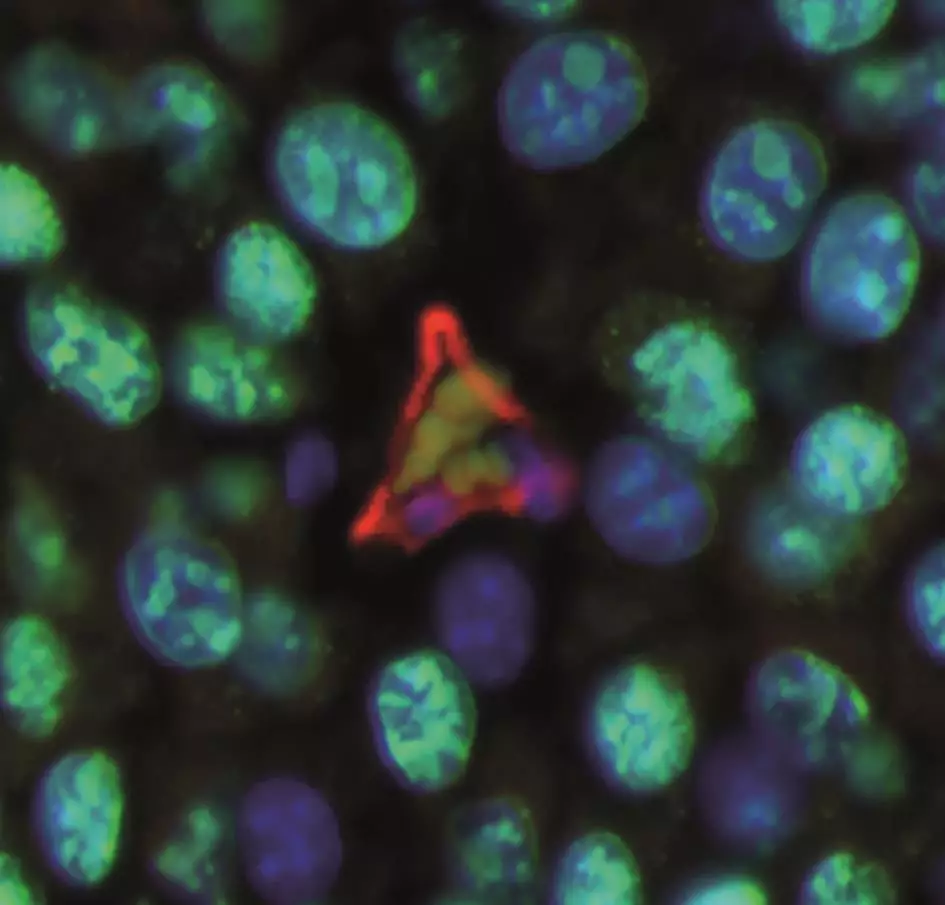
Dr Bernardo Tavora / Barts Cancer Institute
Resistance to chemotherapy is a major limitation of cancer treatment. In new research, scientists at Barts Cancer Institute, London, identify a role for endothelial Focal Adhesion Kinase (FAK) in regulating tumour chemosensitivity.
According to a paper[
in Nature (online, 27 July 2014), endothelial FAK is necessary to trigger resistance to DNA-damaging therapies, such as chemotherapy or radiotherapy[1]
. In mice with chemoresistant tumours, loss of endothelial FAK caused the tumours to become sensitive to doxorubicin and radiotherapy. In human lymphoma samples, endothelial FAK levels were higher in chemoresistant than in chemosensitive tumours.
The data “provide a starting point for the development of new approaches to improve response to DNA-damaging therapies by specifically targeting endothelial cell FAK”, say Bernardo Tavora and co-authors.
References
[1] Bernardo Tavora et al. Nature (online, 27 July 2014) doi:10.1038/nature13541.


